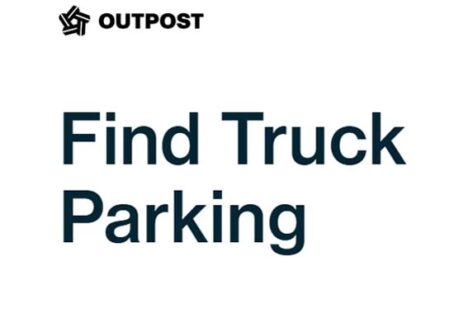FMCSA accepting comments on under-21 pilot program until Aug. 14
Only a few days remain to comment on a potential pilot program that would allow 18-, 19 and 20-year-olds to operate a commercial motor vehicle in interstate commerce.
This would be FMCSA’s second pilot program for under-21 drivers. In July 2018, the agency published a notice announcing the details of a pilot program that would allow 18- to 20-year-old military veterans and reservists to drive interstate. This version would be for nonmilitary drivers.
FMCSA’s notice and request for comments on the second pilot program published in the Federal Register in May. Comments will be accepted until Aug. 14.
More than 1,000 comments about the pilot program have already been posted on the Regulations.gov website.
Many of the comments consist of what appears to be a form letter asking the agency to propose an under-21 pilot program as a way to address the purported driver shortage.
“As FMCSA is aware, 48 states and the District of Columbia already allow 18-, 19- and 20-year-old holders to operate commercial motor vehicles in intrastate commerce,” the form letter states. “Many of these drivers already achieve safety levels equivalent to that of their older counterparts, indicating that with proper supervision, training and equipment, 18-, 19- and 20-year-old drivers are more than capable of learning how to operate commercial motor vehicles in interstate commerce at a level of safety that is equivalent to, if not greater than, that provided by the current prohibition against drivers under the age of 21.”
However, many others commented about the potential dangers of lowering the driving age for long-haul truck drivers.
“This is an ill-advised change,” Larry Twitchell wrote. “The maturity level of most 18- to 20-year-olds is too low for the responsibility of handling massive vehicles on our highways.”
Sammy Pelton was one of the many truck drivers against the program.
“Strongly opposed to the under-21 pilot program,” Pelton wrote. “With over 25 years and almost 2 million safe driving miles, I’ve witnessed the maturity level of young drivers and believe this will pose a real safety issue for the motoring public. Let’s not try and fix a driver shortage with a dangerous situation.”
The Owner-Operator Independent Drivers Association opposes lowering the driving age.
“OOIDA naturally has concerns about efforts by large motor carriers to allow teenagers to become interstate drivers,” said Collin Long, OOIDA’s director of government affairs. “First and foremost, research and data has consistently indicated younger drivers are less safe behind the wheel than their older counterparts.
“Additionally, expanding the driver pool won’t solve large motor carriers’ precarious retention problem, which they knowingly misidentify as a driver shortage. We suspect bringing younger drivers into the long-haul industry will enable these carriers to continue to ignore the problems that have kept driver turnover rates exceptionally high – increasingly poor working conditions and inadequate compensation. In fact, lowering the minimum age requirement for interstate drivers to 18 may very well exacerbate these problems.”
The OOIDA Foundation has cited statistics that younger drivers are more likely to receive a traffic conviction or violation, and a recent federal report from the U.S. Bureau of Labor Statistics affirmed OOIDA’s stance that there isn’t a shortage of truck drivers.
“I really can’t think of a worse response to the myth of a driver shortage than to lower the driving age or reduce the already low standard to get a CDL,” OOIDA President and CEO Todd Spencer said. “This is really a highway safety issue. What’s not a myth is that new drivers crash more often and that younger drivers crash more often. There is no substitute to experience when it comes to safety and doing things that help perpetuate the churn for driver turnover is not only counterproductive to safety, but it undermines the economics of all drivers.”
Comments on the under-21 nonmilitary pilot program can be made here or by going to regulations.gov and using docket number FMCSA-2018-0346.









